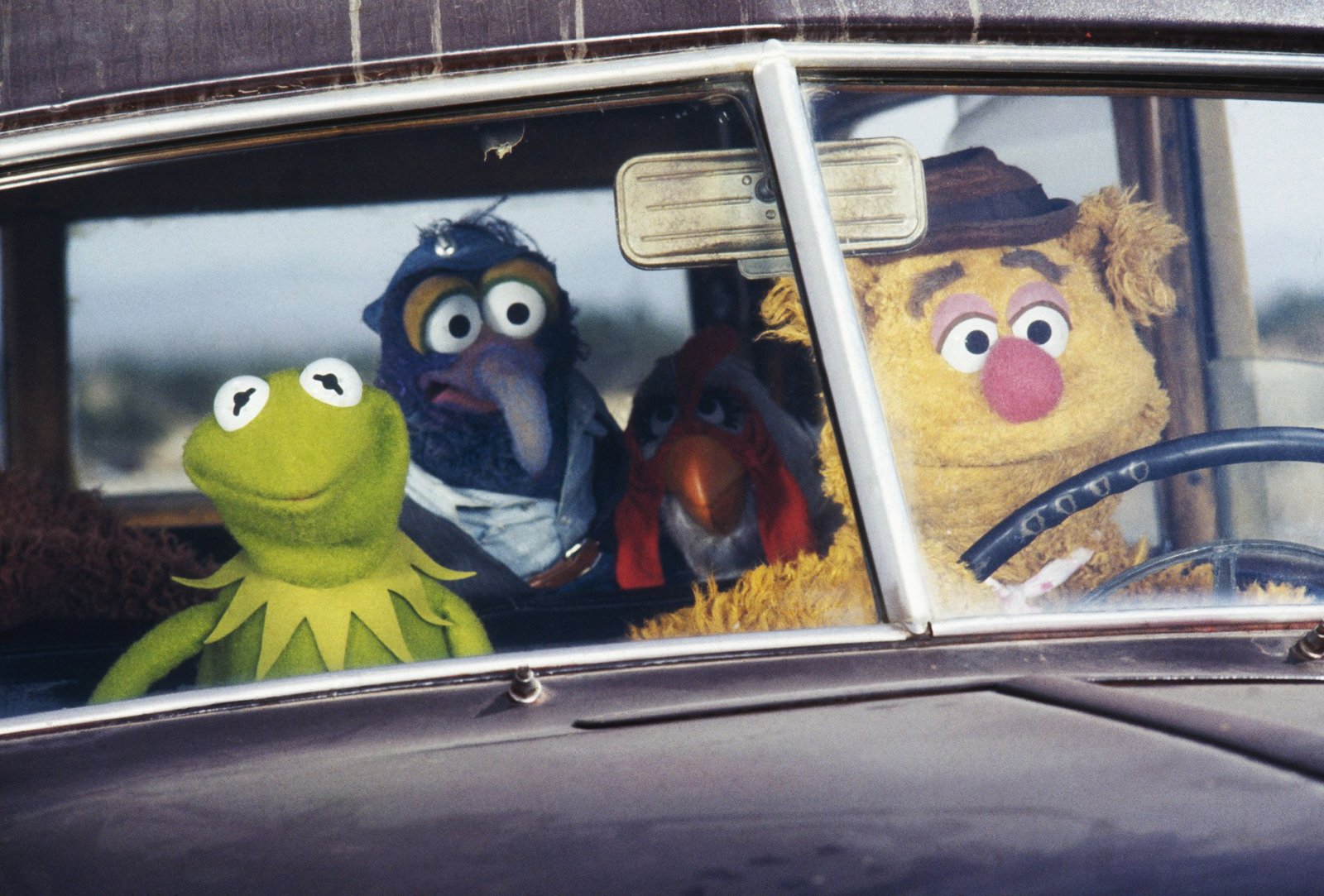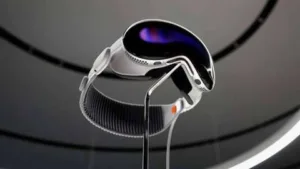Eileen Review
Eileen opens in theaters December 1. This review is part of our Fantastic Fest 2023 coverage.
There’s a prickly layer under the smooth surface of Eileen. Screenwriters Luke Goebel and Ottessa Moshfegh (a husband-and-wife team, working from Moshfegh’s 2015 novel) use a period-set, lovesick story to confront gender oppression in the 1960s through the gaze of two women, which seems pleasantly empowering at first. Director William Oldroyd then successfully eases us into a seductive psychological thriller that bubbles and boils like an unwatched pot – the collision of secret crushes and broken households uses dark comedy up front to lower our guard, then hits us with the climax like a sucker-punch. Oldroyd shows formidable command as a filmmaker who Trojan-Horses shadier business into a sensual relationship tale about budding sexuality, subverting expectations with a mighty swerve.
Thomasin McKenzie stars as the mousy and repressed New Englander Eileen Dunlop, a secretary in a boy’s correctional facility. It’s clear that Eileen’s buttoned-up lifestyle at work and home – where share cares for her drunkard ex-cop father (Shea Whigham) – hides racier desires: She fantasizes about raunchy sexual encounters while on duty. Enter Anne Hathaway as Harvard psychologist Rebecca, a knockout ready to shatter the misogynistic boy’s club of Eileen’s workplace. Rebecca immediately catches Eileen’s eye (and vice versa, to a degree), exploring the tangle of period themes created by Eileen’s forbidden attraction and Rebecca’s uncommon independence.
The performances across the board are mesmerizing, especially McKenzie’s and Hathaway’s. Their sensual chemistry as mentor and pupil is unafraid to explore healthy sexual appetites as well as attraction based on power and status. Rebecca’s actions raise as many flags as they do inspirations from Eileen’s perspective, and Hathaway is divine whether she’s socking creepy male lurkers at the bar or just strutting around with the confidence of a ’60s Carrie Bradshaw. McKenzie excels in projecting starry-eyed infatuation in response, which is precisely the blind optimism the film needs as a storytelling distraction from Oldroyd’s ability to subtly stoke flickers of danger.
Whigham’s depiction of toxic ’60s masculinity presents a quintessential “bad guy” in Eileen’s life – the alcoholic who belittles the daughter who waits on him hand and foot. He’s an evil to conquer on paper, the bloodline connection holding her back, which Whigham lays on thick as a gun-waving embarrassment who’d rather die than confront his emotions. Whigham keeps negative attention on his character like a magnet, making Rebecca appear as a lipstick-pretty saint in comparison. We desperately want to see Eileen’s fairytale rescue from her demoralizing homestead, hypnotized by Rebecca’s charmingly dominant traits as badly as innocent little Eileen. Who wouldn’t be, given Hathaway’s exceptional presence?
The film turns our inherent desire to seek out hope against us by smuggling a thriller under the cover of a romantic dramedy.
Eileen (the movie) is many things, few of which Oldroyd wants you to realize until the just the right moment. The film turns our inherent desire to seek out hope against us by smuggling thriller elements under the cover of an outspoken romantic dramedy. You’re enamored by the period sharpness of 1960s Massachusetts, or laughing at piggish bosses cracking crass jokes about Rebecca like they’d ever have a shot with her, and then, bam: there’s a loaded pistol pointed with intimidating intent. We’re always aware of the game at play between Rebecca, Eileen, and a society’s scolding glares, but Oldroyd is clever about how slowly the story’s nastiest tendencies leak out.
There’s one not-that-small problem with Eileen. Moshfegh and Goebel weave underpinned suspense throughout a young woman’s quaint and messy attempt at coming-of-self, but the third act’s ultimate attention-grabbing twist lacks a bit of oomph. What should be bitterly intense and seismically gripping loses the mysterious sting of prior storytelling devices. Rebecca and Eileen’s ambiguous connection smacks with eyebrow-raising transfixion – which the film’s climatic swing somewhat lacks. It’s one of those scenarios where “the chase,” in this case Eileen’s pursuit of Rebecca, is surprisingly more engaging than the payoffs. Moshfegh and Goebel have plenty to say about obsession, manipulation, and affirmation through free thinking, but I have a feeling the novel’s better at landing where it all goes.










Post Comment